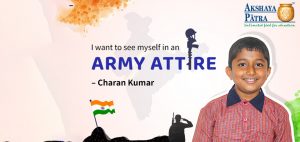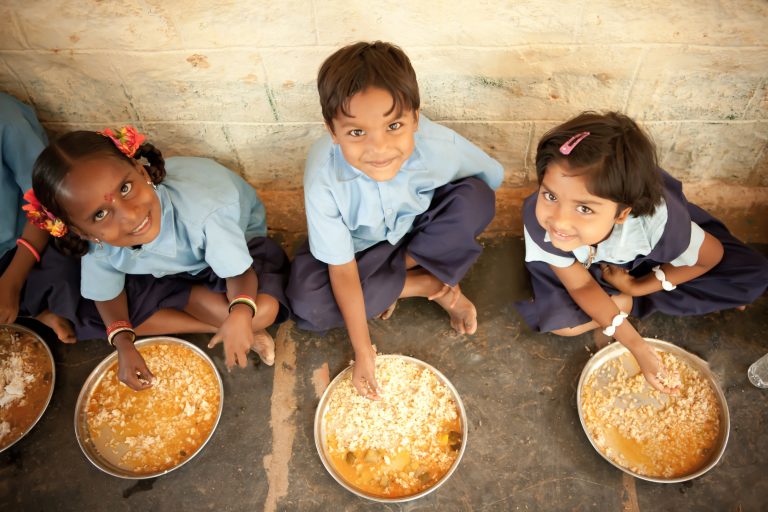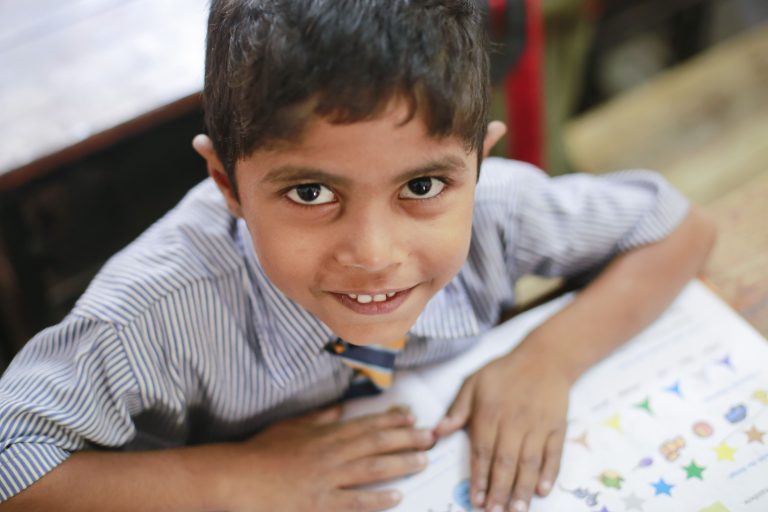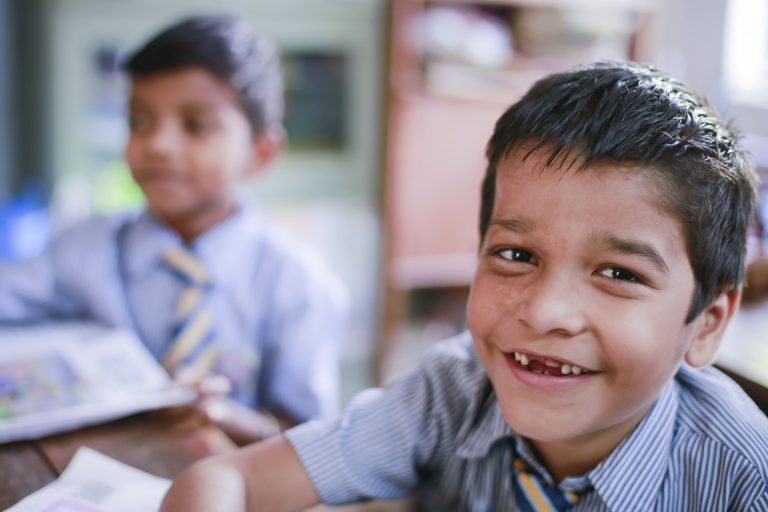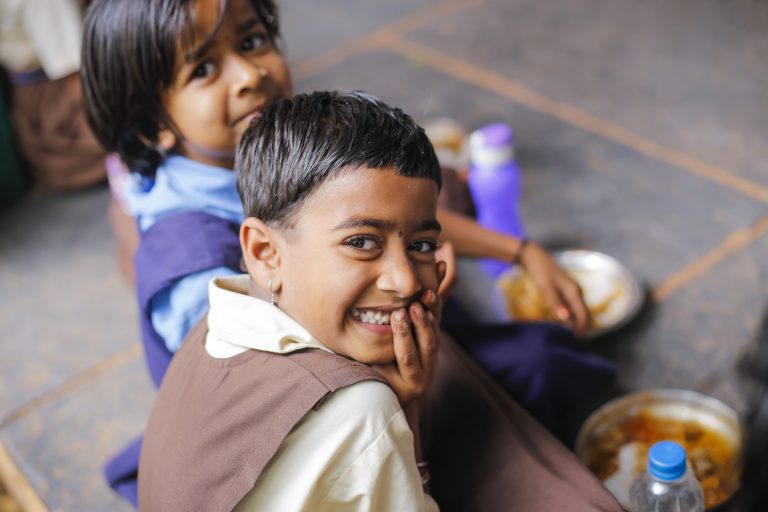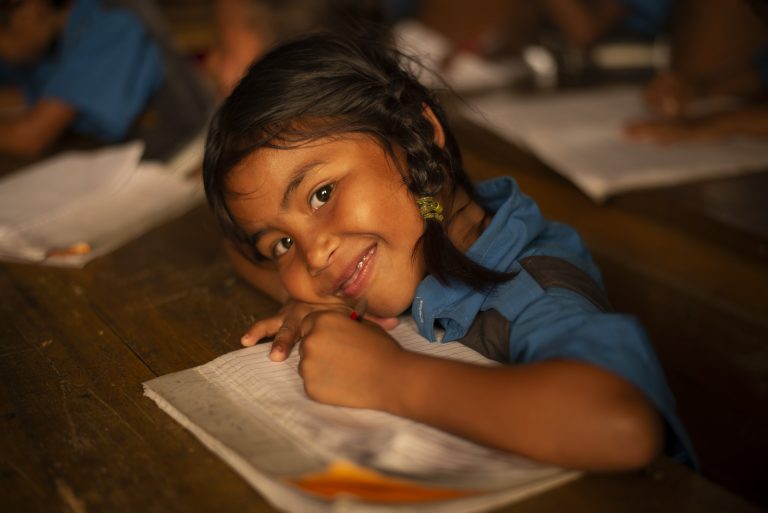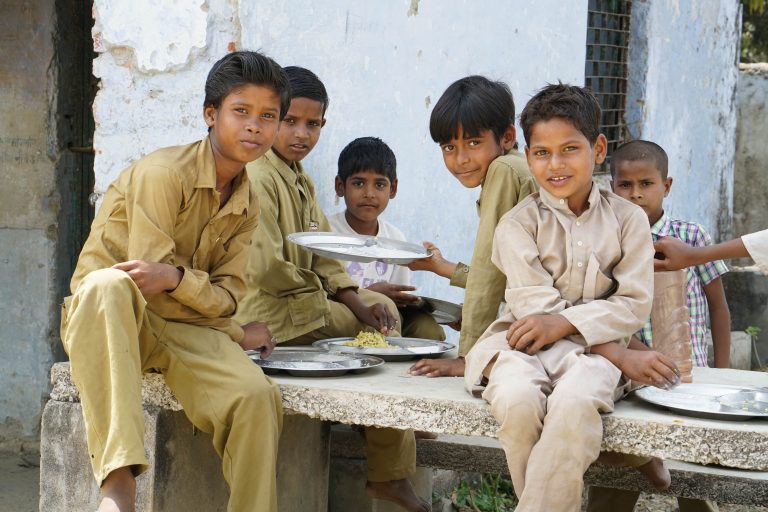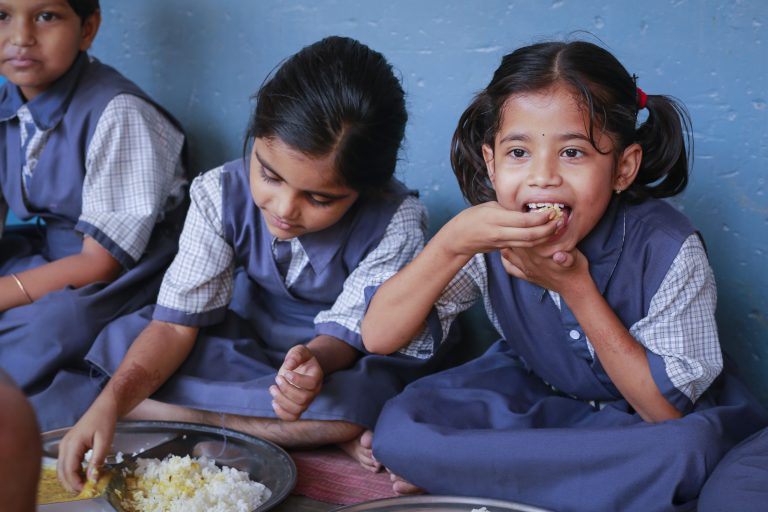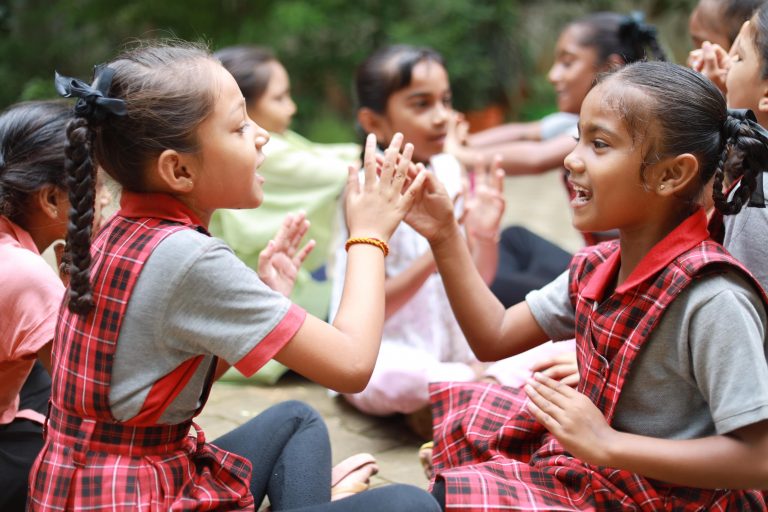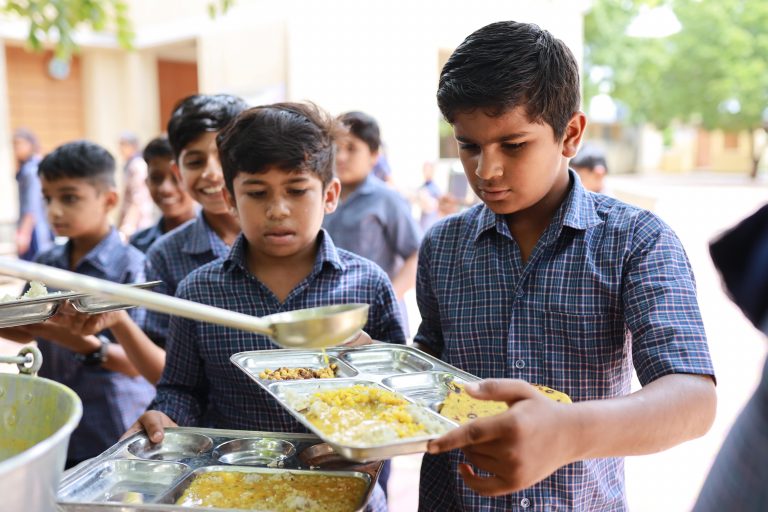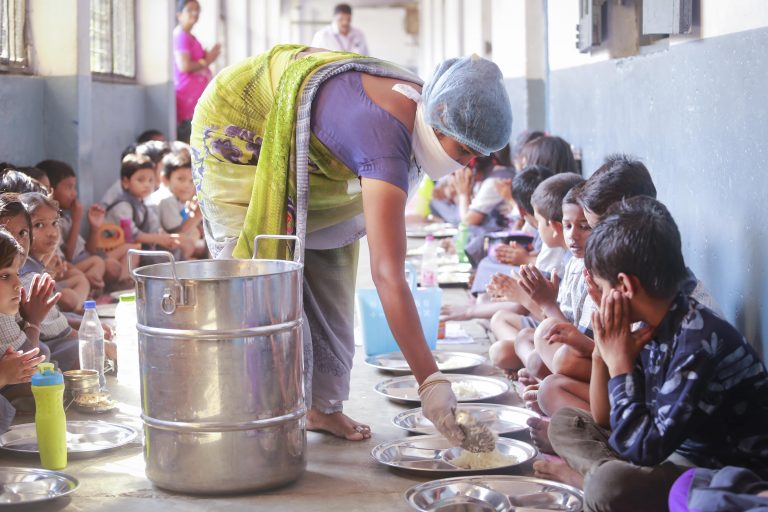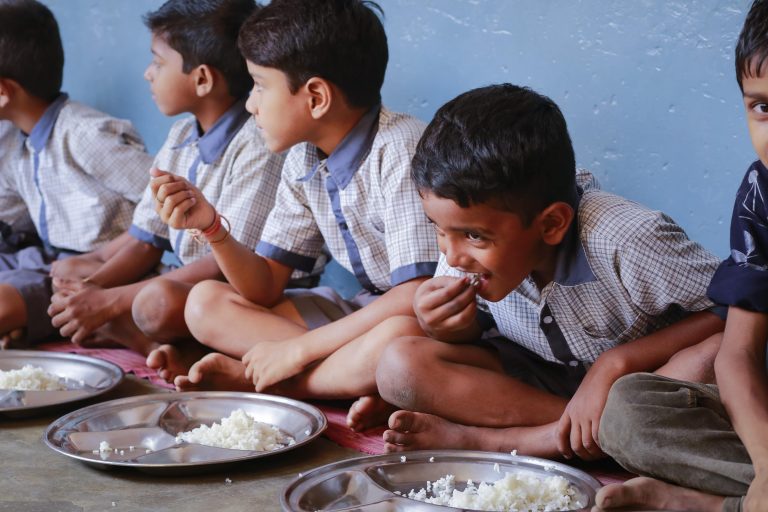Aditya: Wants to teach computers to children
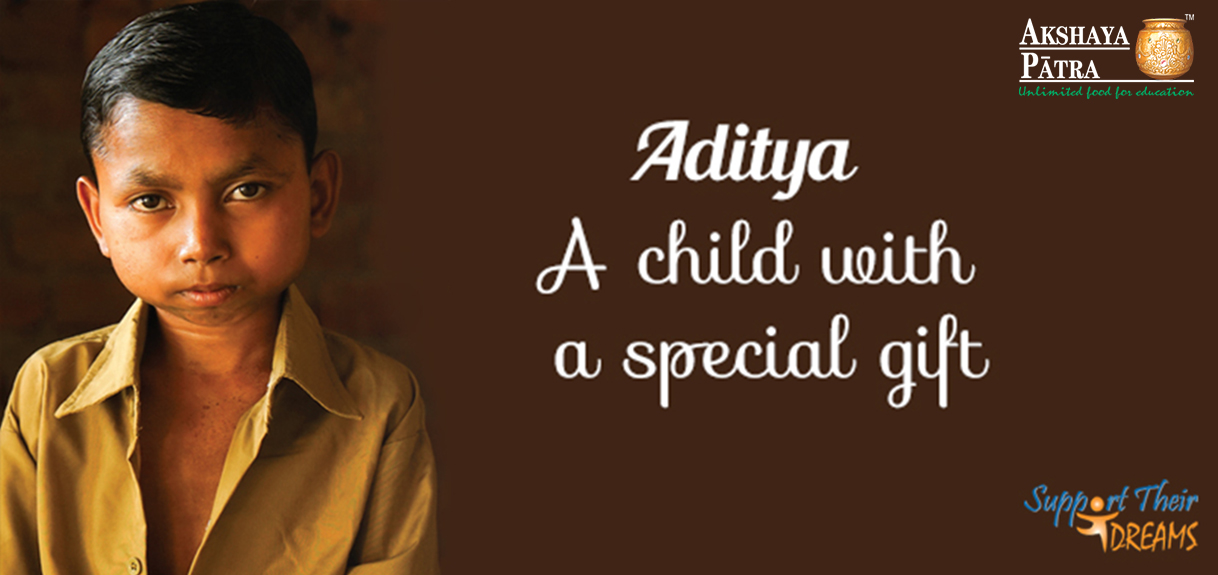
As a 15-year old boy, Aditya, studies in Village Panchayat Primary School at Ulas Khera, Lucknow. In a classroom where everyone sits on the floor, Aditya sits on a bench. While some might call it an oddity, the teachers explain that he is differently abled. The school authorities have considered it as an exceptional case and provides him a bench. When Aditya was three, he suffered a fall while playing in his house. The fall had affected his limbs, and as a result, he is not able to bend his knees, use his hands to hold or pick heavy things, or turn his neck. If the school authorities are compassionate enough to arrange a bench for him, his friends — Anuj, Vishesh, and Ravindra — are kind enough to help him with academics. With all his difficulties, his brilliance ploughs through and comes to the fore. The child is a prodigy. Budhi Kashyap, Aditya’s father, is a small-time farmer from Ulas Khera, Lucknow. He is a typical man of the soil in his early 50s, with greying hair and a stubble. His family comprises his wife, Kalavati; six sons, and four daughters — three of whom are married. Aditya is his ninth child. He admits that it is difficult to sustain such a large family. He likes the food that is served in the school. He likes kheer and dalchawal the most.”
Budhi owns a small piece of land, but it is not enough to support the entire family. Therefore, he and his three other sons work as farm labourers in other people’s fields during the harvest season. While two of his sons — Aditya and Abhishek — are studying in school, another one is suffering from mental illness. The youngest daughter helps mother with housework. It’s evident in his eyes that Budhi is concerned about her marriage. Kalavati, Aditya’s mother, is glad that at least two of her sons are getting food at school. She narrates some incidents from Aditya’s childhood while affectionately running her fingers through his hair. “He likes the food that is served in the school. He likes kheer and dal-chawal the most it seems,” she declares. Aditya sings folksongs which are appreciated by his classmates. He has won a prize for singing in the school’s annual event, his voice has a haunting and beautiful quality with a lingering essence which remains with the listeners for a long time.
It is interesting to note that harnessing solar energy is not a part of his school syllabus. When asked from where he got the idea, “(from) my mind,” he quips, breaking into a mischievous smile. He then narrates a story of how, when on one of their visits to a temple, he saw solar panels being used to power streetlights. He not only understood the theory of the concept, but even applied it effectively. On enquiring if he will be able to power a bigger fan or light if he is provided a bigger solar panel; he is quick to explain that it is dangerous as there is a possibility of getting electrocuted. He is well aware of the hazards of electricity. He knows where to draw the line. “My mother thinks this is dangerous,” he smirks pointing at the battery and wires, “She thinks I’ll get stuck to these wires.” In his free time at home, Aditya watches cartoons on TV— his favourite cartoon being Motu Patlu. In the school, his best friends Anuj, Vishesh, and Ravindra, help him in studies and also play Ludo with him. Despite his interest in electronics, Aditya wants to teach computers to children. His interest in computers is surprising, considering that the school doesn’t have computers as a subject as of now. Akshaya Patra and ITI have tied up to provide a computer lab to the school. As of now, the children are only taught theory and yet, Aditya seems to have grown fond of it. For Aditya, the larger goal in life is to get well educated. “I like literate people,” he says, “I want to be like them.”
